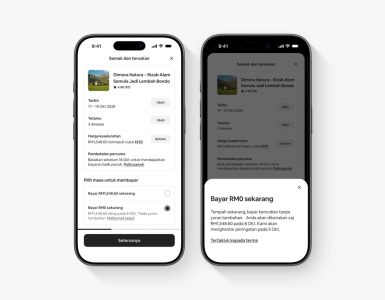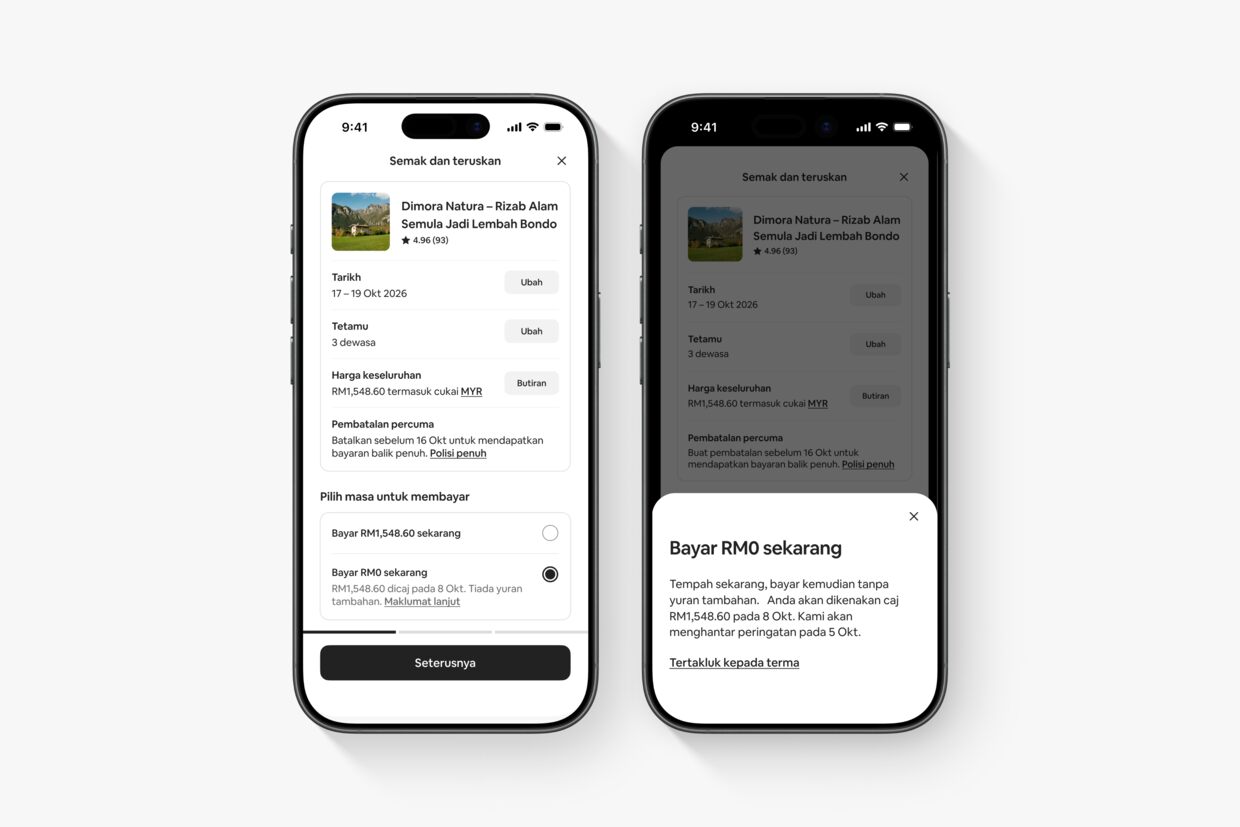Tomorrow, Malaysians will take to the streets to walk for freedom. “I haven’t seen social media platforms so fired up since Bersih 2.0!” says my friend Cindi.
This time, they’ll be protesting the Peaceful Assembly Bill. The Bill, which is expected to be pushed through in Parliament tomorrow, is seen as more restrictive than current Malaysian laws of public assemblies and protests.
The fact that Burma has recently passed a law allowing public protests has only served to light the fire under Malaysian activists even more. (Click here to see a chart comparing the two Bills.)
As Cindi says, Twitter and Facebook has gone a little crazy with the outcry against the Peaceful Assembly Bill. Hashtags such as #PA2011,#JomkeJalan and #Walk4Freedom have sprouted up on Twitter.
My Malaysian Facebook friends are all urging each other to participate in Hello MP 2011 and sharing ‘Kill The Bill‘ images and videos.
The Malaysian Bar Council is taking an active role in leading protests and will be at the forefront of tomorrow’s Walk For Freedom. A huge turnout is expected.
In 2009, Singapore’s Parliament voted the Public Order Bill into law. The Public Order Act, seeking to “create a more effective framework which is formal, transparent and coherent for the management of public order by the Police”, restricts Singaporean’s right to peaceful assembly as well as freedom of expression.
Under this Act, the government can regulate all outdoor “cause-related” activities by requiring permits before they can proceed, regardless of the number of participants. This also means that even a single person could constitute an illegal assembly.
According to this article written in 2009 by Ng E-Jay on SGPolitics,
Other provisions of the proposed Public Order Act include:
> Enabling the Minister to declare via gazette a certain event as a “special event”, and within the special event area the police have enhanced powers like being able to perform a stop-and-search, ask a suspicious person for his reason for entry, or deny him entry;
> Enabling the police to issue pre-emptive “move-on” orders, which will be in written form, ordering demonstrators not to congregate at the intended rally area, or give them a chance to leave without getting arrested;
> Enabling law enforcement officers to stop people from filming, distributing or exhibiting films of law enforcement activities;
> Requiring property owners to take “reasonable action” to prevent illegal assemblies and processions from taking place on their property when they are notified by the police.
(Only Speaker’s Corner at Hong Lim Park is exempt from this Act, which is why it is the only outdoor place in our entire country where Singaporeans can go to voice their opinions.)
But where were Singaporeans when this Act was passed, and our rights taken away? Did we protest? Did we mobilise and assemble, as the Malaysians are doing now?
No. There was barely any noise made at all.
I don’t want to blame Singaporeans. I myself was part of the problem; I was away in New Zealand in 2009, but even if I had been home I probably wouldn’t have been aware of the Public Order Act. I wasn’t politically aware back then.
Now, as a journalist, an activist and – more importantly – a Singaporean, I often regret having allowed the Public Order Act to become law. Although I know I couldn’t have actually prevented it myself – not with that two-thirds majority the PAP has – I wish that I had at leasttried.
I live with the knowledge that much as I hate this Public Order Act, in some small way I’d brought it upon myself.
Which is why I am throwing all my support behind my Malaysian friends and their Walk For Freedom. They are doing what Singaporeans failed to do in 2009; they are showing us how to be brave.
Jom ke jalan. Come, to the streets.












